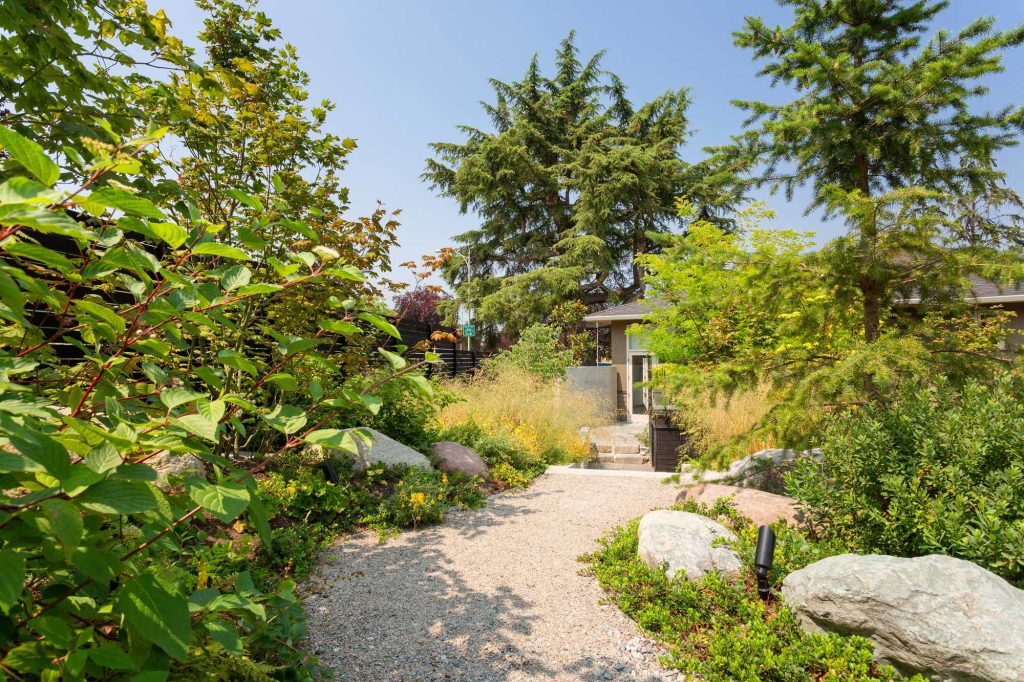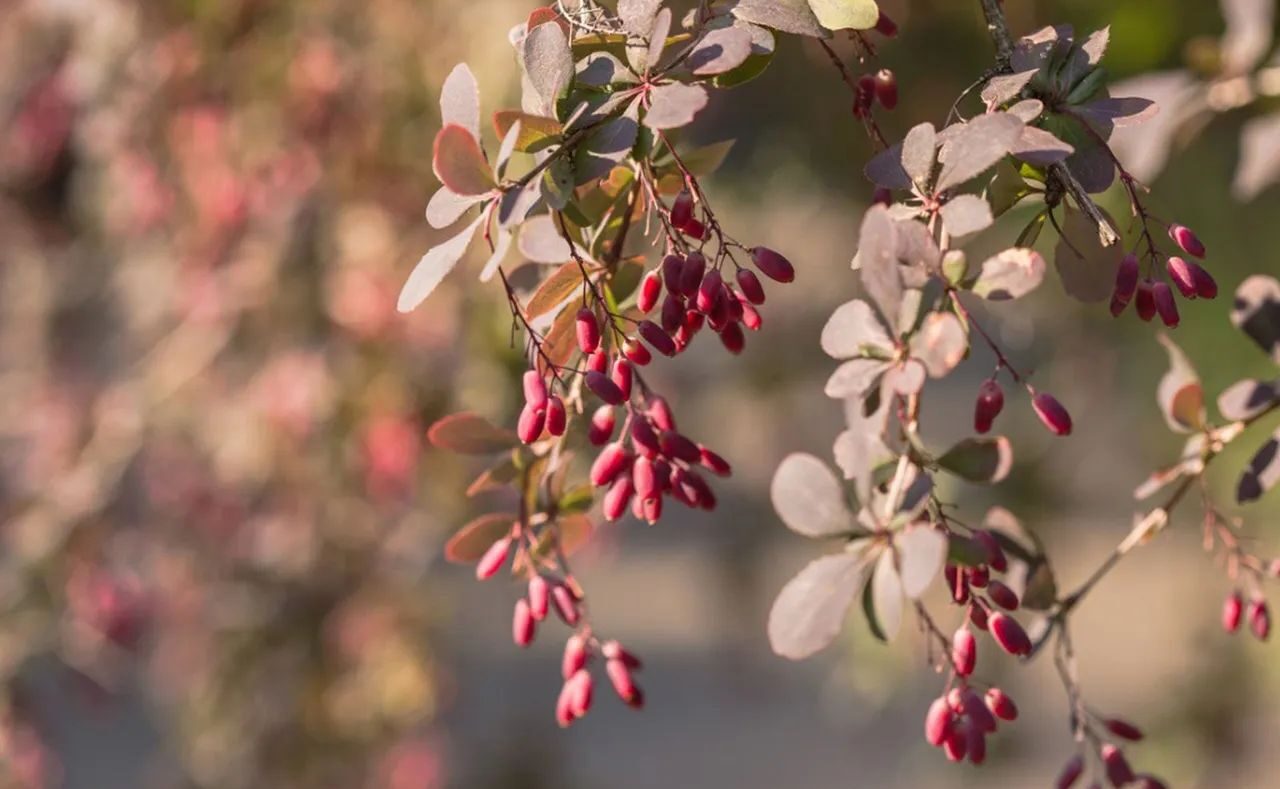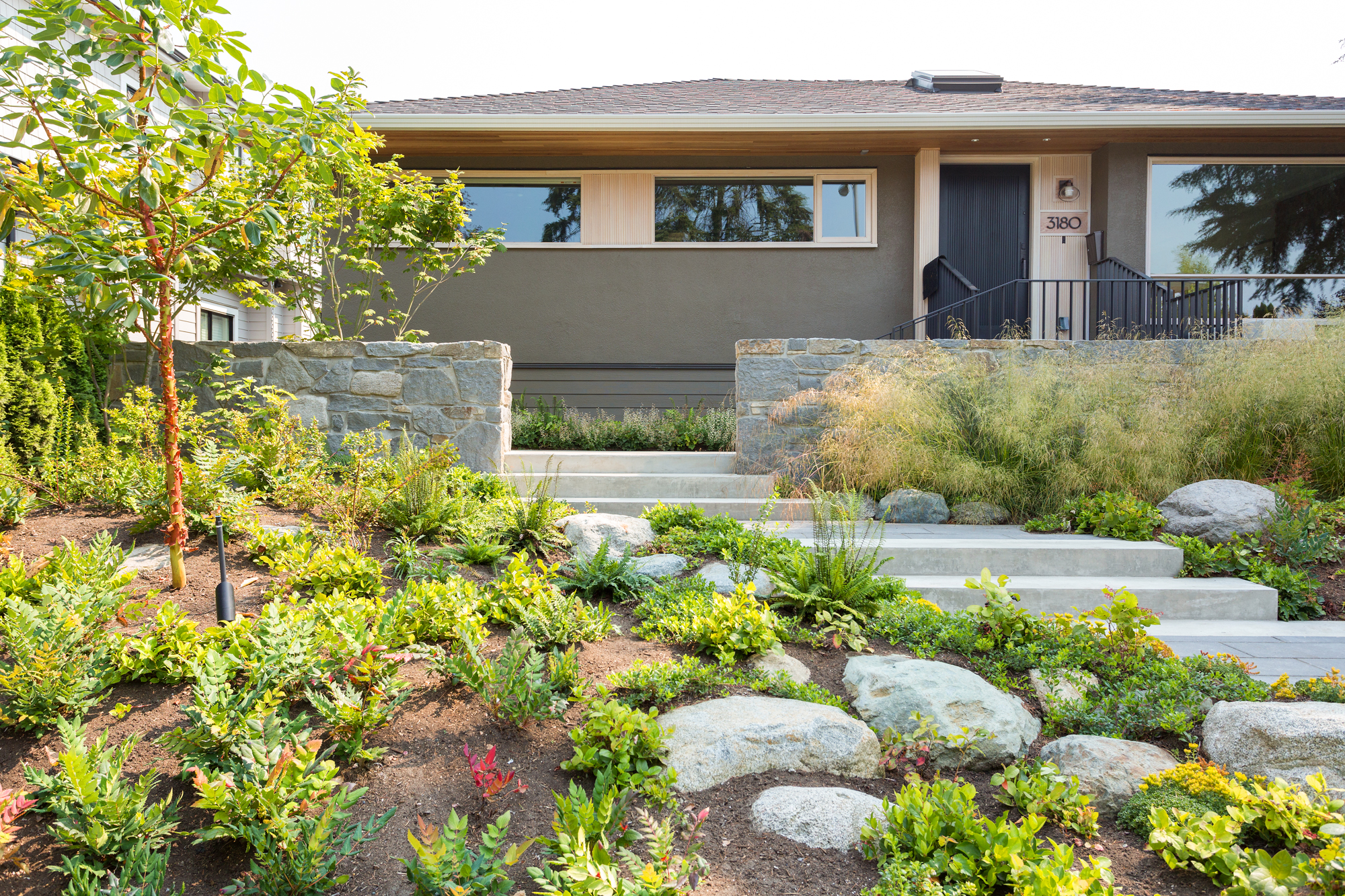After a long and challenging Vancouver winter, many homeowners are assessing the impact of severe weather on their landscapes. This year’s cold snaps, extended frosts, and unpredictable temperature shifts have taken a heavy toll across the Pacific Northwest. Even established trees and shrubs that have survived countless seasons are showing signs of stress or decline.
These losses serve as a reminder of the importance of climate-adapted, resilient planting. With changing weather patterns becoming the norm, now is the ideal time to rebuild your landscape with plant species that can withstand both harsh winters and increasingly dry summers.
A resilient garden doesn’t just survive – it thrives under challenging conditions, supporting biodiversity while remaining beautiful year-round. Below are some of the most reliable hedges, shrubs, and trees suited for Vancouver’s unique coastal climate.
Below, we present recommendations that offer better prospects for your resilient Vancouver gardens this coming season.
Hardy Hedges and Shrubs for Resilient Vancouver Gardens
Hedges and shrubs are the backbone of many Pacific Northwest gardens, providing structure, privacy, and color throughout the year. Choosing species that can handle cold, moisture, and occasional drought ensures your garden remains healthy and attractive even after difficult winters.
Boxwood (Buxus sempervirens)
A timeless hedge plant known for its dense foliage and tidy growth habit. Boxwoods are ideal for formal gardens and can be easily maintained with regular pruning.
Japanese Holly (Ilex crenata)
This evergreen shrub resembles boxwood but offers greater resilience to pests and diseases. Its small leaves and compact growth make it a reliable choice for low hedges and garden borders.
Yew (Taxus h.m Eddie)
A classic evergreen that adapts well to sun or shade. Yews tolerate pruning extremely well and are perfect for shaping or creating strong architectural lines in the landscape.
Portuguese Laurel (Prunus lusitanica)
Fast-growing and highly adaptable, this large evergreen shrub produces fragrant white flowers and dense foliage, making it an excellent choice for privacy hedging.
Russian Sage (Perovskia atriplicifolia)
A drought-tolerant perennial that thrives in sunny areas. Its silvery foliage and long-lasting lavender-blue flowers bring light and texture to garden beds while attracting pollinators.
Yarrow (Achillea millefolium)
Known for its fern-like foliage and flat-topped blooms, yarrow is both tough and ornamental. It performs well in poor soils and is a favorite for pollinator-friendly gardens.
Barberry (Berberis)
Barberries are hardy, colorful shrubs that add vibrant tones of red, orange, or gold to any landscape. They are low-maintenance and resistant to most pests and diseases.
Resilient Trees for the Pacific Northwest Landscape
Trees are the long-term anchors of any garden, offering shade, structure, and seasonal interest. Selecting cold-hardy, adaptable varieties ensures longevity and beauty even as weather patterns shift.
Pacific Dogwood (Cornus nuttallii)
A native tree with elegant white spring flowers and red fall berries. It’s well-suited to partial shade and supports local wildlife.
Spruce (Picea spp.)
Spruce trees are among the most adaptable evergreens for the Pacific Northwest. They range from compact dwarf forms to tall specimens suitable for screening or focal points.
Red Maple (Acer rubrum)
Renowned for its brilliant red foliage in autumn, this deciduous tree tolerates a wide range of soil conditions and adds striking seasonal color.
Serviceberry (Amelanchier spp.)
A small tree or large shrub that delivers multi-season beauty with spring blossoms, edible berries, and vibrant fall foliage. Serviceberries also attract birds and beneficial insects.
Paperbark Maple (Acer griseum)
Valued for its distinctive cinnamon-colored peeling bark and vivid fall colors, the paperbark maple thrives in well-drained soil and brings year-round visual interest.
Eastern Redbud (Cercis canadensis)
This small ornamental tree bursts with clusters of pink flowers along its bare branches each spring, making it an excellent focal point for smaller gardens.
Japanese Tree Lilac (Syringa reticulata)
A fragrant and compact tree with creamy-white blooms in early summer. It’s a durable choice for urban landscapes and tight spaces.
Embrace the opportunity to enhance your landscape with plants that thrive.

How to Create a More Resilient Landscape
Rebuilding a resilient garden starts with thoughtful plant selection, but it doesn’t end there. Consider improving soil health with organic compost, ensuring proper drainage, and installing efficient irrigation systems. Mulching around trees and shrubs helps retain moisture and regulate soil temperature throughout the year.
Working with an experienced landscape professional familiar with Vancouver’s microclimates can also make a significant difference. Experts can assess site conditions, recommend the best plant combinations, and develop sustainable maintenance practices that reduce water use and increase long-term success.
The Future of Resilient Gardening in Vancouver
As climate extremes continue to affect the Pacific Northwest, resilient garden design is becoming an essential part of sustainable landscaping. By planting species that can adapt to variable weather: cold winters, wet springs, and increasingly dry summers – homeowners can protect their investments and contribute to a healthier ecosystem.
Building a resilient garden is more than a response to harsh winters; it’s a commitment to sustainable living, biodiversity, and long-term landscape health. With the right planning and plant choices, your garden can not only recover – but flourish.
Have a project in mind?




 Contact Us
Contact Us